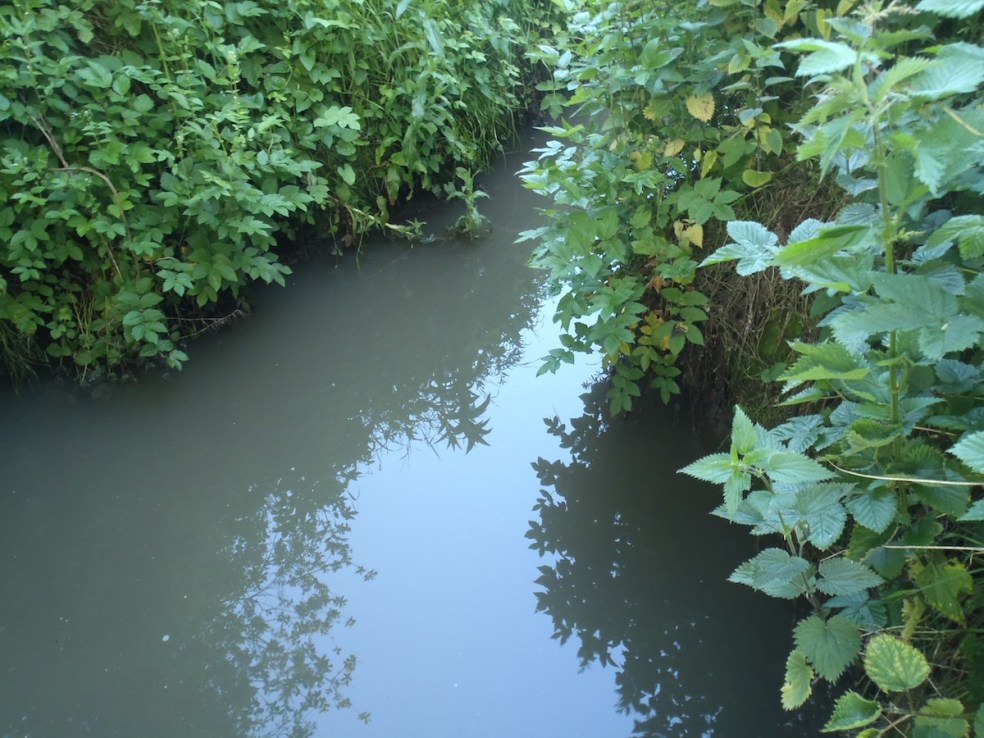Toxic English rivers: not a single river classified as having ‘good’ water quality
Toxic chemicals that remain in ecosystems for decades pollute every stretch of English rivers.


Not a single river in England has been classified as in good health, with nearly nine out of 10 falling below ecological standards a new report shows.
The findings from the UK River Trust show that zero per cent of the country’s rivers fall into either ‘good’ or ‘high’ overall status and 23 per cent are classified as ‘poor’ or ‘bad.’
Northern Ireland ranked the second worst UK area for river health, with zero per cent ‘good’ or ‘high’ status and 12 per cent classified as ‘poor’ or ‘bad’.
Around 40 per cent of Irish and Welsh rivers achieved ‘good’ or ‘high’ status, rising to 57 per cent for rivers in Scotland.
Since the last report was published in 2021, just 151 out of 3,553 English river stretches (2.3 per cent) have improved their ecological status, while 158 worsened.
The River Trust notes that 62 per cent of river stretches are adversely impacted by pollution from livestock or fertiliser, while over half 54 per cent are failing due to neglect from the water industry, including treated and untreated sewage discharge.
Many of the chemicals found in our fresh and coastal waters are not only toxic and bio-accumulative (meaning they build up in the food chain), but they are persistent too.
The report found that 63 per cent of England’s drinking water resources, taken from groundwater reserves, were found to be in poor overall health and 55 per cent were in poor chemical health.
In 2016, 97 per cent of rivers ‘passed’ their chemical health test, yet when the testing methods were changed in 2019, all failed.
“We’ve heard a lot about how government wants to tackle the climate and nature emergencies, but we’re still not seeing enough joined-up planning and delivery at pace,” the report said.
With an election scheduled for the end of the year, the report continues, “We need to see government provide the funding and political will required to enforce our current laws, move forward with long-promised strategies around chemicals and land use, and rapidly roll-out nature-based solutions to build climate resilience and support nature recovery. ”
The report poured further fuel on the fire of public, private and political ire directed at the state of the UK’s water and the companies who oversee it.
Environment Secretary Steve Barclay said in December that sewage spills from storm overflows were “unacceptable” and a priority but the government has been making moves to protect itself against losing money if it should have to bail out failing water firms.
More recently, water regulator Ofwat has said it will be firmer on utility providers not delivering to customers amidst a bill hike.
But the litany of continuing issues facing the UK’s largest utility, Thames Water, is unlikely to be forgotten soon, especially with the firm warning that its leakage numbers are likely to increase while it implements its plan to recover from an £18bn debt pile.


